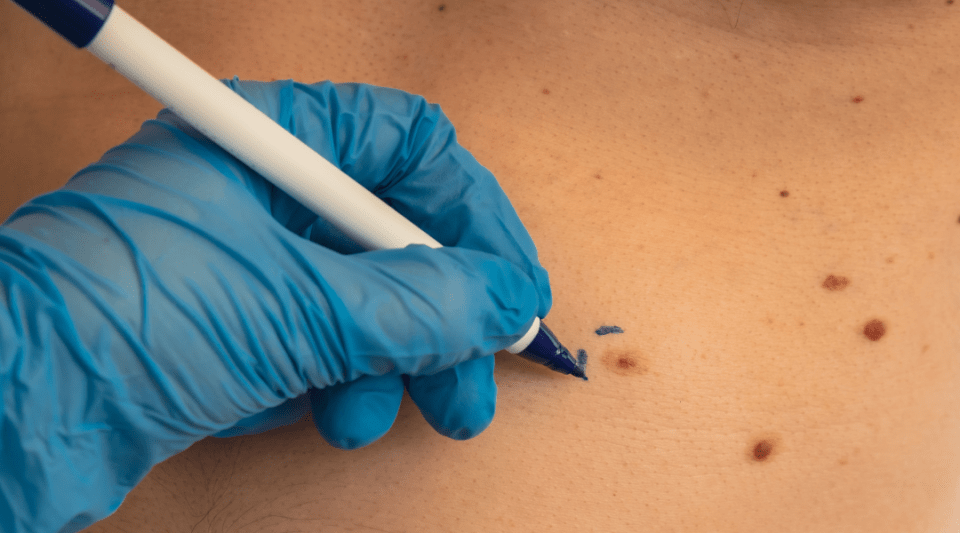Masturbation is a healthy sexual behaviour that helps us to know our own body, find pleasure and maintain our emotional well-being. It can be practised with others or individually. Autoerotism, self-stimulation or masturbation consists of the direct stimulation of the genitals for erotic purposes carried out without the participation of others. The sexual behaviour is practised by men, women or non-binary people, regardless of their sexual orientation and, contrary to popular opinion, regardless of their relationship status.
Self-stimulation is practised to gain pleasure and can help release sexual tension, provide self-knowledge about a person's sexual activity or improve the intimacy of life as a couple. The practice has been seen to have a positive impact on the brain. Using functional magnetic resonance, researchers have identified the brain areas that respond during excitement and orgasm in people who masturbate.
The impact of masturbating alone depends on biological, psychological, emotional, sociocultural and relationship factors, as all can influence the experience of this sexual practice. In fact, numerous beneficial effects have been found.
Chemical benefits of masturbating alone
When we give ourselves sexual pleasure, the brain releases a series of beneficial chemicals. According to Evie Plumb, an accredited sex educator, dopamine, responsible for pleasure, satisfaction and happiness, floods our system. A lack of dopamine is related to a lack of energy and motivation, which underlines the importance of this chemical impulse.
Natural remedy against stress
Sexual excitement reduces activity in the frontal cortex, which decreases feelings of fear and anxiety. In addition, the hypothalamus releases oxytocin, a hormone that has a dampening effect on cortisol, the stress hormone.
Analgesia and muscle relaxation
Endorphins are a type of neurotransmitter that can relieve pain and give a feeling of well-being. Their release during masturbation makes them act as a natural analgesic. Endocannabinoids are another type of neurotransmitters that focus attention towards rewarding behaviors, that is, they activate characteristics, movements, feelings and interpersonal interactions associated with sexual reward, as well defined by the studies of Pfaus JG, scientist and professor of neurosciences and psychology.
Quality sleep
After orgasm, the brain induces a "rest and well-being" phase, which is when other neurotransmitters and hormones, such as serotonin and prolactin, are released; promoting a deeper and higher quality sleep status, contributing to a general feeling of tranquillity.
Increased self-confidence
Masturbation promotes self-exploration and facilitates self-knowledge of the body. Those who practise it increase their self-esteem, self-confidence and body image. It is therefore one of the most prescribed tools for people with sexual dysfunctions undergoing sexual therapy.
Relationship with sexual function
Studies in this regard provide conflicting data, possibly due to the heterogeneity of the population studied, especially in terms of sex, sexual orientation, relationship status, age and culture, for example.
Some studies indicate that regular and frequent practice in women increases sexual desire while others associate the frequency of female masturbation to greater sexual pleasure and greater ease in achieving orgasm. However, in men it seems to have a negative association with their sexual response in relation to orgasm, ejaculation and satisfaction. It is likely that the real impact is modified by the reasons behind the person indulging in masturbation.
Psychological challenges: guilt and shame
Although masturbation offers significant mental benefits, some people may experience feelings of guilt and shame. This so -called "masturbatory guilt" may be the result of cultural or family messages. However, other people experience positive feelings towards autoerotism, such as empowerment or satisfaction, which have been related to a positive influence on sexual life.
More research
There is still little information about the differences that people experience after self-stimulation compared to that experienced after shared sexual behaviour. However, the possibility to develop affection and a bond can be present in both cases. In the first case towards oneself and in the second towards the person or people with whom the experience is shared.
In short, masturbation is a normal, healthy practice that also promotes positive changes in health, as well as improving physical, mental, emotional and interpersonal well-being.
Information documented by:
Dr. Sònia Anglès-Acedo, Secretary of the Clinical Sexology Working Group (GTSC) and Gynaecologist and Sexologist at the Gynaecology Department of Hospital Clínic, Barcelona.






